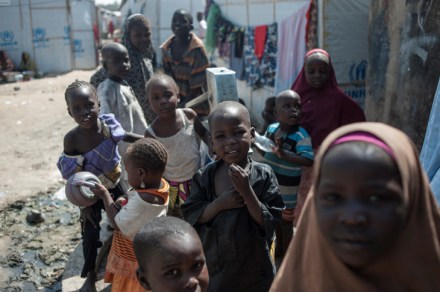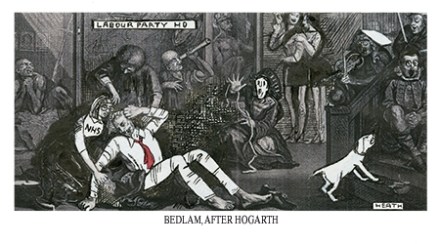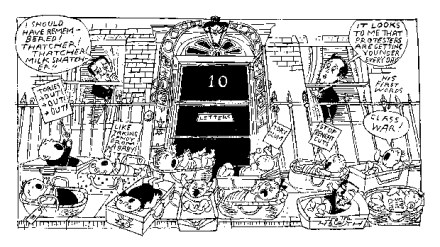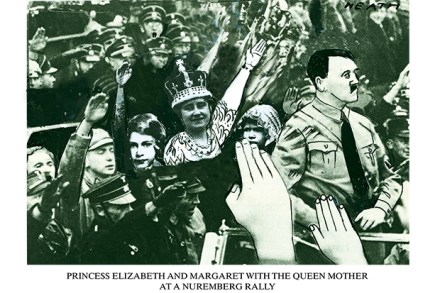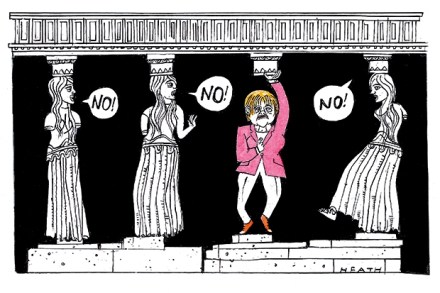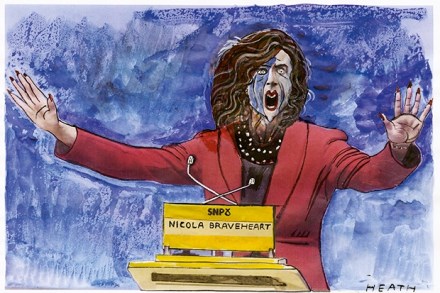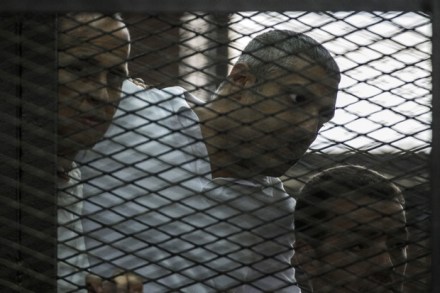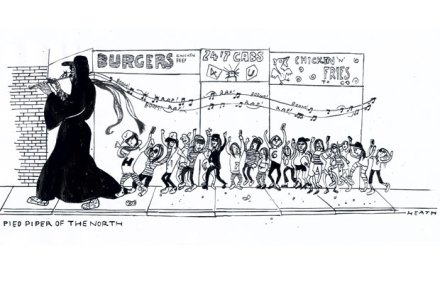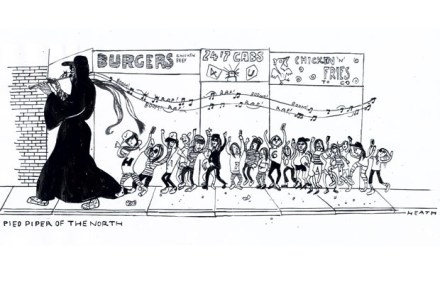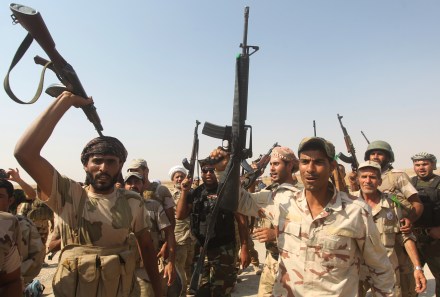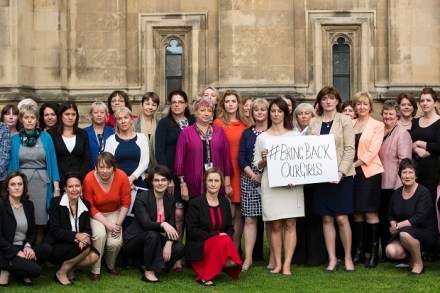Nigeria’s abduction epidemic and the silence of the West
Every day, more and more children are going missing in Nigeria. At least 140 schoolchildren were kidnapped in Nigeria’s northwestern Kaduna city yesterday. A day earlier, another eight people – including two nurses and an infant – were abducted in Zaria, around 50 miles north of Kaduna. This marked the fourth attack on a Kaduna state school and the third on a Zaria hospital in the past five months. Over 1,000 schoolchildren have now been kidnapped in Nigeria since December; around 200 of them are still missing. Yet the international condemnation has been muted. It all marks a stark contrast to the ‘Bring back our girls’ backlash that greeted the kidnapping by Boko Haram of 276 Chibok schoolgirls







